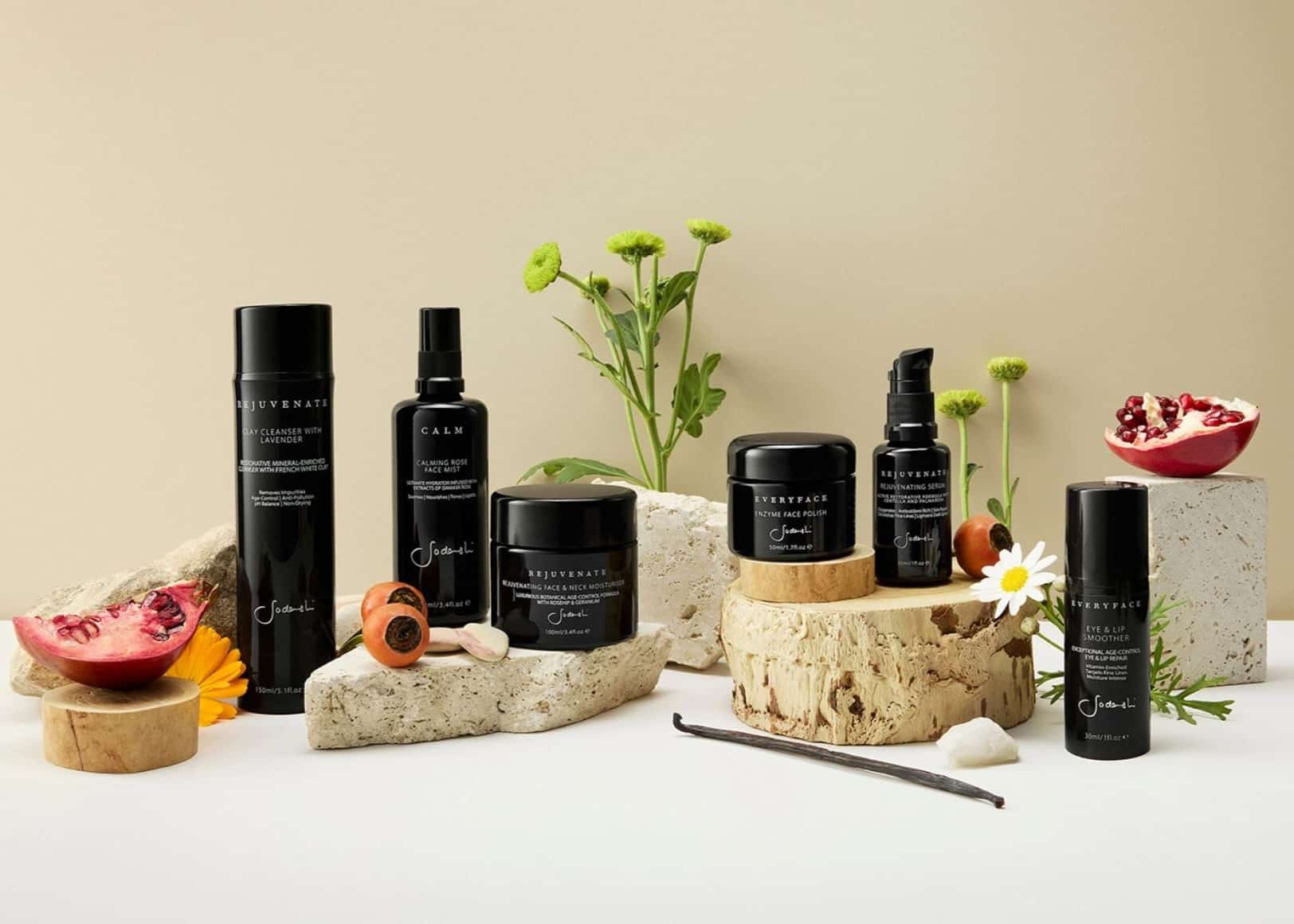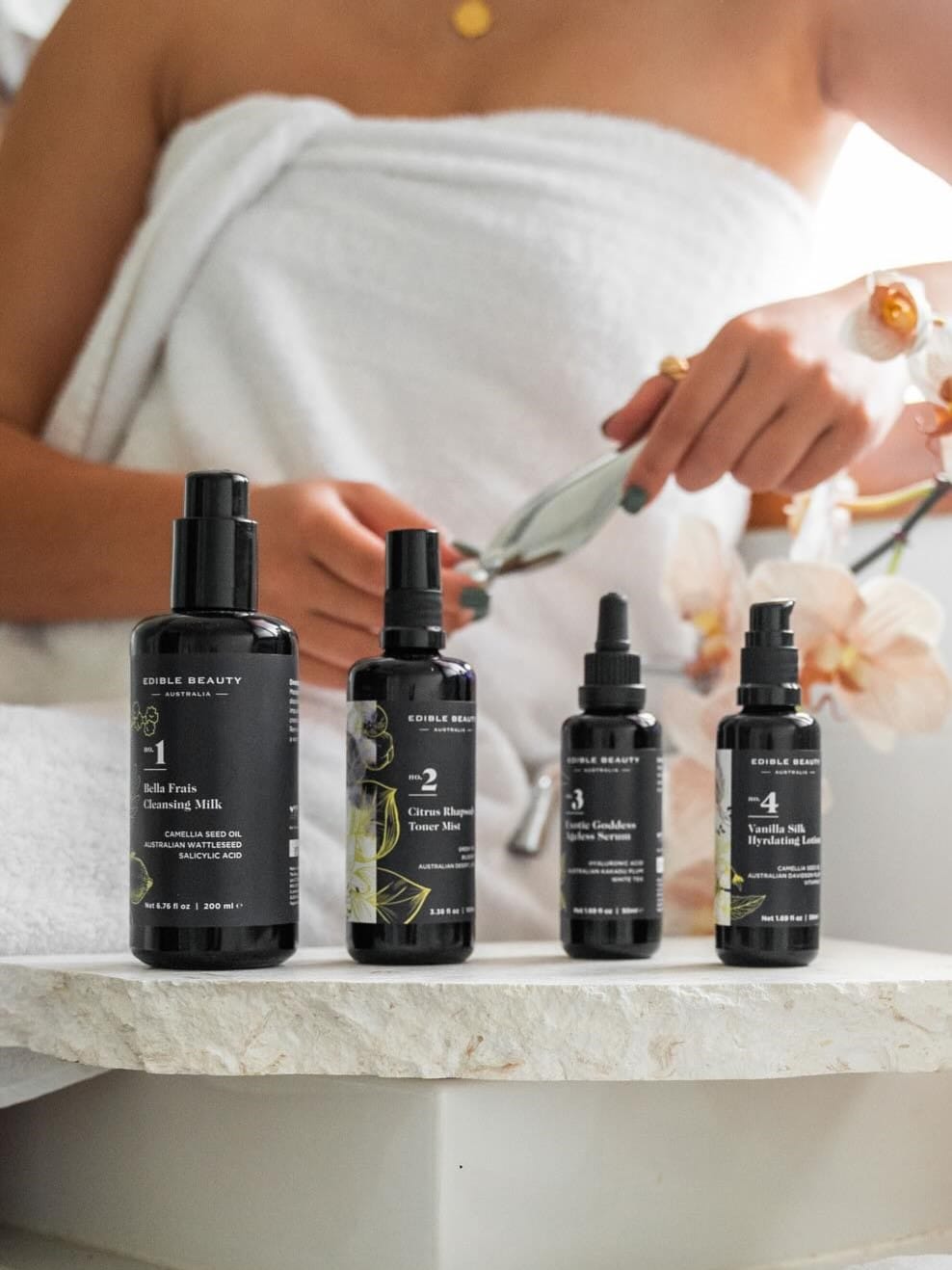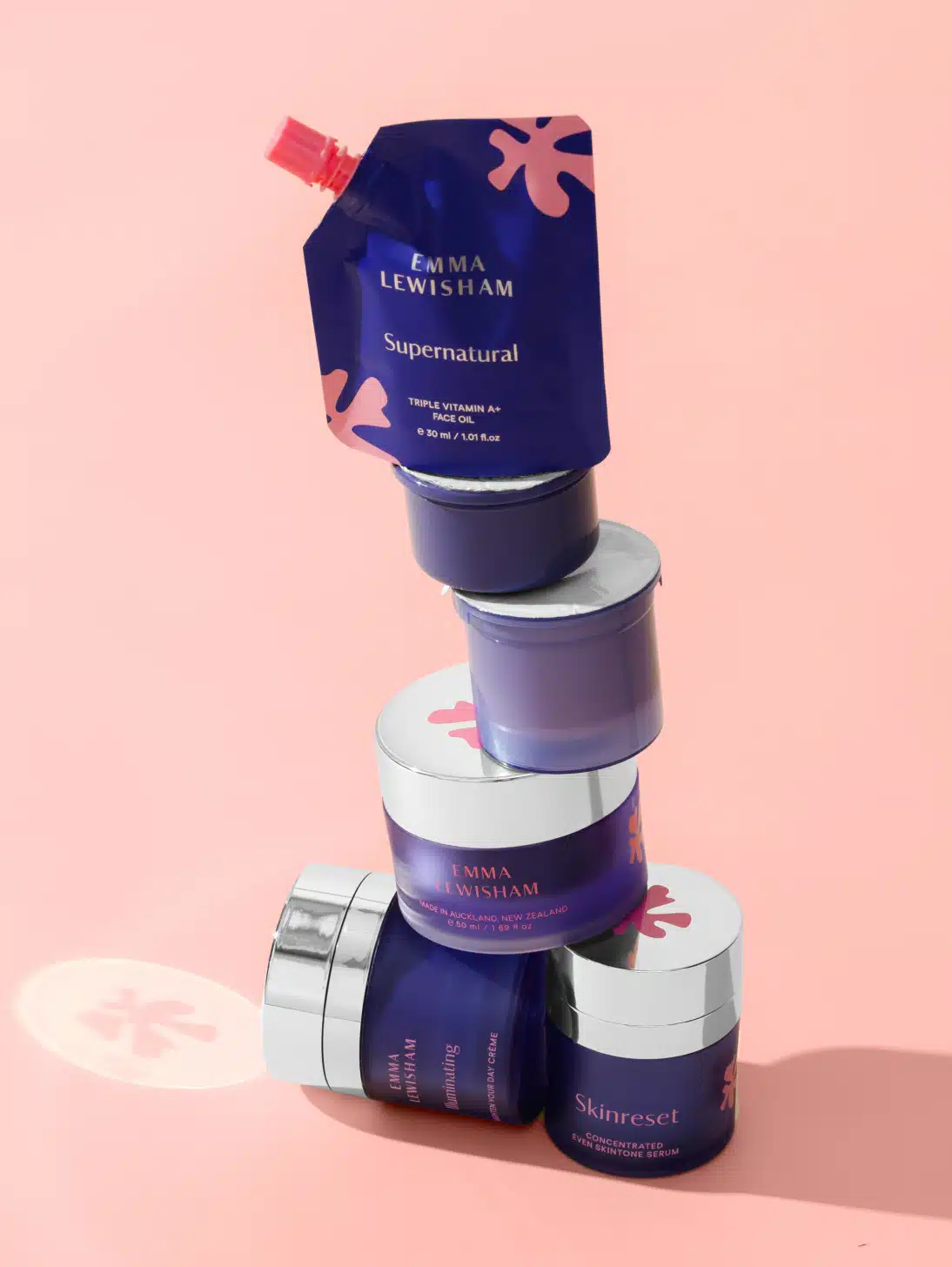9 of Our Favourite Natural & Organic Skincare Brands in 2025
Clean, cruelty-free and effective skincare from Australia & NZ
The Green Hub
Natural skincare has come a long way since the days of coconut oil for everything and DIY masks that smelled better than they worked.
But not all “natural” products are created equal. With so many brands calling themselves clean, organic, or plant-based, it’s not always clear what those labels actually mean — or which products are worth your time.
So we did the hard part for you.
These are some of the best Australian (with a few New Zealand favourites) brands that we think deserve a place on your bathroom shelf.



Mukti Organics
Founded in Queensland over two decades ago, Mukti is one of Australia’s original certified organic skincare brands, and still one of its best.
Their formulas are a blend of native Australian botanicals (like Kakadu plum and mountain pepper leaf) and proven actives like peptides and vitamin C. Everything is made locally, housed in recyclable violet glass to protect the formulas, and free from single-use plastic — even the travel minis come in glass.
Edible Beauty
Skincare you could (technically) eat, though we’d recommend sticking to your face. Edible Beauty was founded by naturopath Anna Mitsios, when she realised her clients needed skincare that was safe enough for pregnancy, free from hormone-disrupting chemicals, and still felt like a treat to use.
Their products are plant-based and pregnancy-safe, made with native Australian ingredients like Davidson plum and lemon myrtle, plus all the usual glow-giving suspects (hello, hyaluronic acid). There’s also a whole side range of herbal teas and ingestibles alongside the skincare.


Sodashi
For anyone who sees skincare as a ritual, not just a routine, Sodashi is for you. Born in Western Australia and found in luxury spas from the Adelaide Hills to Kyoto, this is a brand built on the belief that what you put on your skin should feel as good as it is for you.
The range combines essential oils, mineral-rich clays, and plant actives, drawing on principles of aromatherapy and Ayurveda. Its skincare designed to nourish the skin and bring a sense of calm to your daily routine.
Emma Lewisham
Emma Lewisham is science-backed skincare that also happens to be refillable and climate-positive. The whole range is designed to be refilled (not just recycled), with a closed-loop system that cuts carbon emissions by up to 74%.
But what makes the brand worth the hype is the performance: clinical-grade ingredients using plant-based actives, and formulated to target things like pigmentation, dullness and dehydration. The Skin Reset Serum gets a lot of the buzz, but the SPF 50 and Eye Crème are equally worth a spot in your skincare routine.


Saya Skincare
Saya was born in Noosa more than two decades ago, when founder Saya McDermott started blending her own products to soothe chronic breakouts and hypersensitive skin.
The brand has grown since then, but the focus hasn’t shifted. Known for their certified organic, cruelty-free skincare that helps keep inflammation in check. Native botanicals like Kakadu plum and quandong are paired with nourishing, nutrient-rich oils to calm, brighten and support the skin barrier. Our personal favourite, their bestselling Lime & Lemongrass Body Wash.
Sans [ceuticals]
If you’re the kind of person who’d rather have one great product than five half-used ones gathering dust, Sans [ceuticals] will make sense immediately.
Based in New Zealand, they focus on multifunctional formulas made with clinical-grade actives. Designed to work across face, body and hair, without skimping on results. The range is small, but made for people who want to simplify their skincare routine.
Natural Skincare FAQ
What’s the difference between natural and organic skincare?
Natural skincare typically uses plant-based or mineral ingredients with minimal processing. Organic skincare means the ingredients must be grown without synthetic pesticides, GMOs, or chemical fertilisers. Certified organic brands meet strict standards for purity, sustainability, and traceability.
Is organic skincare better for sensitive skin?
Often, yes. Organic skincare tends to avoid harsh synthetics, artificial fragrances, and common irritants — all of which can aggravate sensitive skin. That said, “natural” doesn’t always mean gentle, so it’s still best to patch test and check the full ingredient list, especially for reactive skin types.
Does natural skincare actually work?
Yes, but quality matters. The most effective natural skincare uses active botanical extracts (things like Kakadu plum, Davidson plum, or vitamin C from natural sources) and proven ingredients. Brands like Mukti, Biologi, and Emma Lewisham combine these with scientific formulation to deliver real, visible results.
Where can I buy natural and organic skincare in Australia?
Here are a few of our favourite online stores that stock a mix of the brands above:


